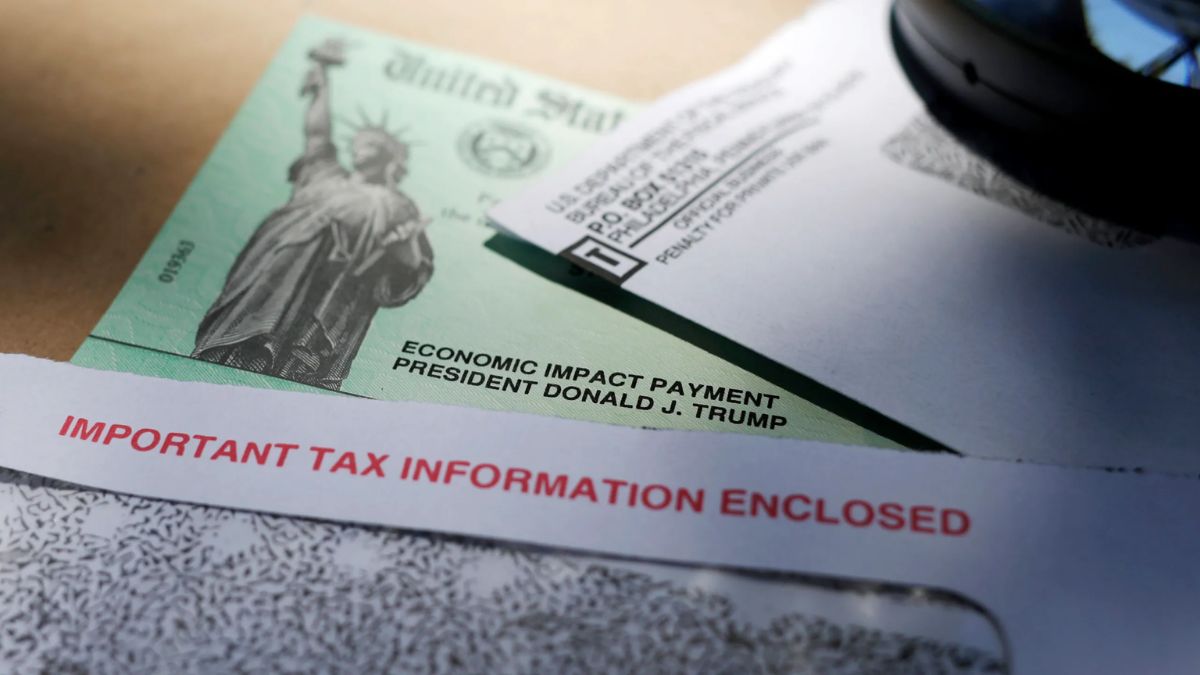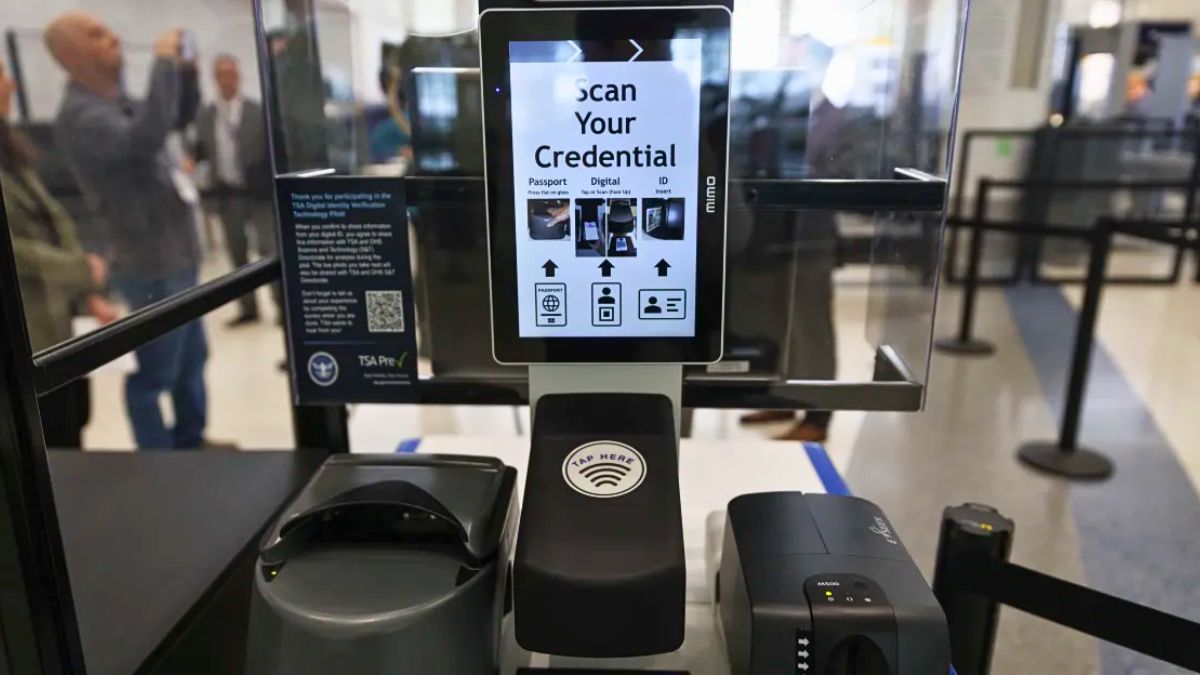Think buying luxury items online is automatically safe? Think again. A recent cyberattack on Dior, the famous French fashion brand, has shown that even top-tier companies can be targets—and victims—of serious data breaches.
Let’s break it down simply: what happened, what kind of info was stolen, who’s behind it, and what you should do to protect your own data.
What Happened
Dior, known globally for its high-end clothing and perfumes, suffered a major cybersecurity breach. Hackers managed to break into one of their databases and stole personal customer information.
This wasn’t just a case of someone clicking a wrong link—it was a serious breach involving a well-known hacking group. And what’s worse, it took Dior several months to even notice the attack.
When It Happened
Dior discovered the breach on May 7, but it turns out the hackers got in way earlier—on January 26. That means for over three months, they had access to customer data without anyone realizing.
During that time, they may have quietly copied thousands of records, all without setting off alarms.
What Was Stolen
Here’s where it gets worrying. The hackers didn’t get access to payment info like credit card numbers, but they did steal other sensitive personal data, including:
- Full names
- Email addresses and phone numbers
- Home addresses
- Dates of birth
- Passport or ID numbers
- In some U.S. cases, Social Security Numbers (SSNs)
While your bank balance might be safe, your identity isn’t. This kind of information can be used for phishing, scams, or identity theft.
How Many People
Dior hasn’t said how many total people were affected, but in official notices sent to the U.S. states of Texas and Washington, the numbers are clear:
| Location | Affected Customers |
|---|---|
| Texas | 9,716 |
| Washington | 10,878 |
| Total | 20,594 (at least) |
That’s just two states. The real number could be much higher worldwide.
What Dior Did
Once the breach was discovered, Dior says they blocked the intrusion and haven’t detected any more unauthorized access since January. However, they still don’t know how the hackers got in.
Here’s what they’ve done since:
- Strengthened their internal security
- Reported the breach to authorities
- Alerted affected customers
- Warned people to watch out for suspicious emails or messages
Investigations are also happening in other countries like the UK to determine how many global customers were affected.
Who Did It
Cyber experts believe a group called ShinyHunters is responsible. This hacker group has a history of targeting big brands, and not just Dior.
In fact, Louis Vuitton, another luxury brand owned by the same parent company (LVMH), was also hit. Customer data was accessed in countries like:
- United Kingdom
- South Korea
- Turkey
- Italy
- Sweden
This points to a coordinated attack targeting several luxury fashion brands.
How To Protect Yourself
You don’t have to be a Dior customer to take action. Cyberattacks can affect anyone. Here are simple steps to help protect your personal info:
- Change your passwords regularly
- Use two-factor authentication when possible
- Be cautious of emails asking for personal details
- Avoid clicking links or downloading files from unknown sources
- Monitor your credit reports and account activity
If a company tells you your data was compromised, take it seriously. Acting fast can prevent your information from being used against you.
FAQs
What happened to Dior’s system?
Hackers accessed a database and stole personal customer info.
Was credit card info stolen?
No, Dior confirmed no payment or banking info was affected.
Who is behind the attack?
A hacking group called ShinyHunters is believed responsible.
How many customers were affected?
At least 20,000 in Texas and Washington alone, possibly more.
What should I do after a data breach?
Change passwords, monitor accounts, and avoid suspicious emails.
























